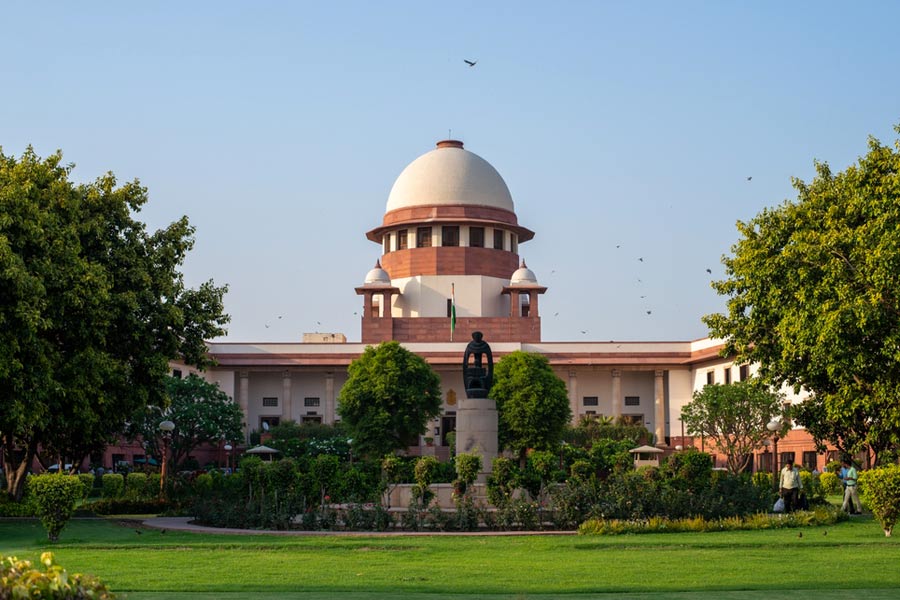The longstanding illegal immigrant problem in Assam divided society, threatened to upset the demographic balance and, consequently, Assam’s culture. Politicians have continued to use this for their own convenience, exacerbating divisions and sharpening fears of the loss of identity. Recently, the Supreme Court, in a 4:1 judgment, upheld the validity of Section 6A of the Citizenship Act formulated out of the 1985 Assam Accord, which was considered a political solution to the immigrant problem. Section 6A grants citizenship to all immigrants who entered Assam by March 25, 1971. The judgment would mean denial of citizenship for migrants to Assam after that date; that is, refugees of Partition would be saved from statelessness but those escaping from or after the Bangladesh war would have to be deported. This would bring about a balance between the negative effects of unchecked migration and the need for the Assamese people to preserve their culture, languages and social structures. The Supreme Court also rejected the argument of some petitioners that Section 6A of the Citizenship Act violated the constitutional ideal of fraternity and went against the indigenous rights of the state’s people. The judges said that fraternity in the Constitution was accompanied by liberty and equality and meant social integrity and inclusiveness. The goal was to live and let live; no one could choose their neighbour. Conserving culture also meant living in equality and brotherhood with people from different backgrounds; society would integrate diversity into its forms and structures.
Section 6A treads the fine line between humanitarian concern for migrants and Assam’s need to preserve its identity. Unfortunately, it has not been implemented yet. By upholding it, the Supreme Court broadened the concept of citizenship and also indirectly rendered all other cut-off dates for migration obsolete. The Citizenship Amendment Act under the Bharatiya Janata Party allows Hindu Sikh, Jain, Buddhist, Christian and Parsi immigrants from Bangladesh, Pakistan and Afghanistan up to December 31, 2014. This law has been criticised for being unconstitutional because it is based on religious discrimination. It acutely polarised Assamese society to which the chief minister, Himanta Biswa Sarma, added fuel by insisting on 1951 as the cut-off date following the recommendations of the 2019 Justice Biplab Sharma Committee. These mix-ups keep tensions and instability alive. But none of them are relevant once the Supreme Court has settled the date.










